
The holiday season is a popular time for giving to the causes that matter most to you. The Lehigh Valley Community Foundation is your partner in philanthropy, and we are here to help you make the most impact with your year-end giving.

Donating long-term appreciated securities—rather than selling the assets and then donating the cash proceeds—is one of the easiest ways for donors to increase their charitable dollars and maximize their impact on the community. If it’s time to rebalance your portfolio, consider a charitable gift with the appreciated positions.
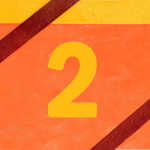
Are you over the age of 70 ½ and do not need the liquidity of your IRA’s required minimum distribution? Consider a Qualified Charitable Distribution or a “QCD” as an establishing gift for a designated fund or an area of interest fund at LVCF. We have seen this gift type grow in popularity since its benefits became permanent in 2015 and the standard deduction increased during 2017 tax reform. If you are the right age and have one or more IRAs, a QCD may be a solution to be both charity-generous and tax-thrifty. The latest on the law…
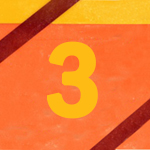
To be eligible for a charitable tax deduction, you may need to initiate certain contributions now. Some assets such as mutual funds and restricted stock take longer to accept and process, so advanced planning is required to meet year-end deadlines.
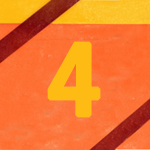
With the Tax Cuts and Jobs Act’s higher standard deduction, donors can benefit from grouping multi-year donations into a single tax year. This is also referred to as donation “bunching.” Donation bunching can also be done in combination with donating appreciated stock. LVCF’s charitable fund menu provides an array of options for donors considering bunching.
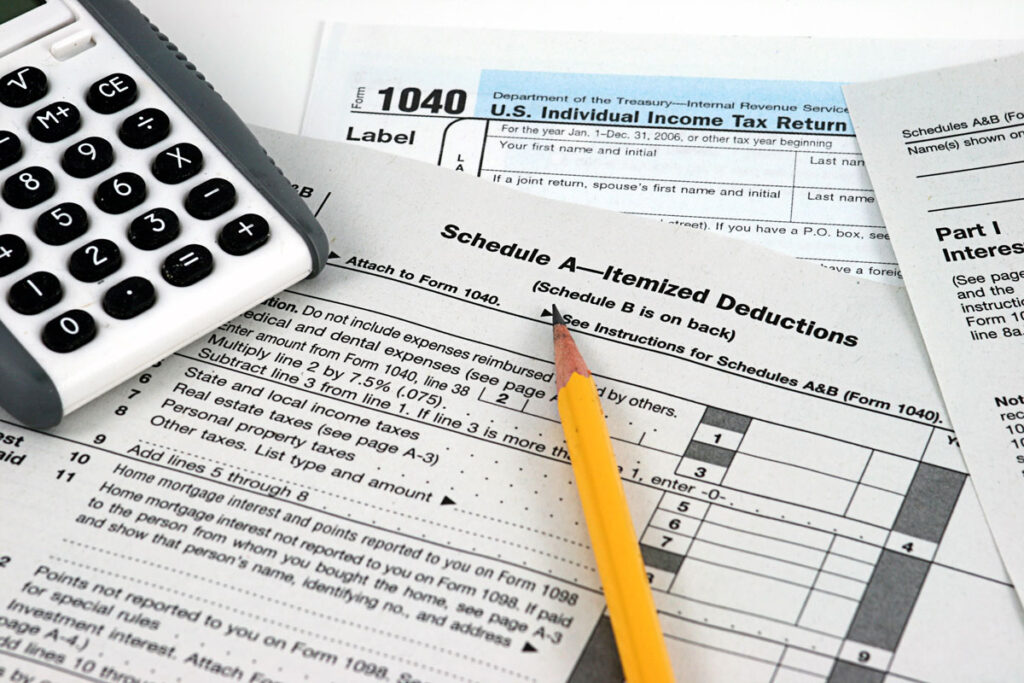
Bunching is a tax strategy that involves grouping or “bunching” deductible expenses or charitable contributions in a particular tax year in order to maximize tax savings. It is typically used by taxpayers who itemize their deductions on their income tax return, as opposed to taking the standard deduction.
The concept behind bunching is to concentrate deductions into a single tax year in order to exceed the standard deduction threshold, which is a fixed amount that taxpayers can claim as a deduction without having to itemize their expenses. By bunching deductions in a single tax year, taxpayers may be able to itemize and claim more deductions than they would be able to in individual years, resulting in a larger overall tax deduction and potentially lower taxable income.
For Example (Bunching)
Let’s say a taxpayer usually incurs $5,000 in deductible expenses each year, which is below the standard deduction threshold. However, in one particular year, the taxpayer decides to “bunch” their expenses by prepaying certain expenses, such as property taxes, medical expenses, or charitable contributions, so that their total deductions for that year amount to $10,000. By doing so, the taxpayer would be able to itemize and claim $10,000 in deductions instead of taking the standard deduction, which could result in a lower taxable income and reduced tax liability.
It’s important to note that the tax code and regulations surrounding bunching can be complex, and it may not be beneficial for everyone. Bunching may require careful planning and consideration of factors such as the timing of expenses, the taxpayer’s overall financial situation, and the applicable tax laws. It’s always recommended to consult with a qualified tax professional to determine if bunching is a suitable strategy for your specific tax situation.
Through creative gift planning at the Lehigh Valley Community Foundation, you may be able to do more for yourself and for the causes that matter to you.

ASK CARRIE | Ask me which type of fund is right for you and how the Community Foundation can help you create a lasting legacy and make a difference in the community….
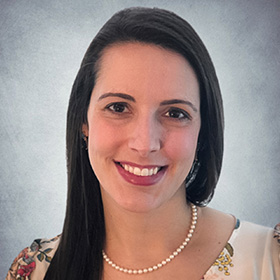
Carrie Krug Nedick
Director of Donor Services
840 West Hamilton Street, Suite 310, Allentown, PA 18101
610 351-5353 Ext. 10 | carrie@lvcfoundation.org
